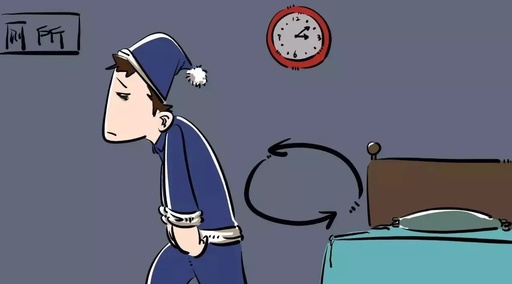
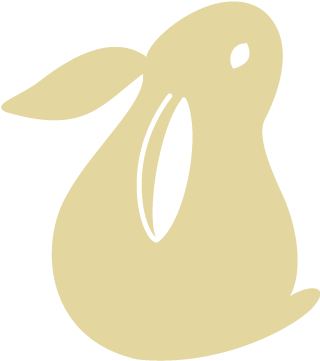
Article by: Luo Dalun Illustrated by: Ba Sui Edited by: Yun Shao
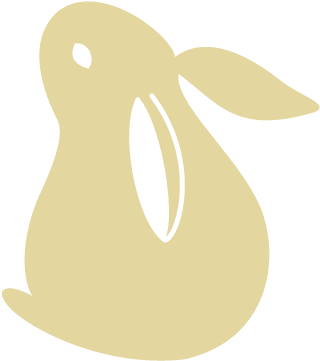

The weather has suddenly turned cool; I just saw the weather forecast indicating a new cold front is approaching Xinjiang, which may affect northern China in the coming days. As the weather gets colder, how should we nourish ourselves?
There are many articles discussing seasonal health practices, but I believe that if everyone follows the same health method or thought during a season, there might be a problem. Therefore, we will recently outline how different body types should face the cold of autumn and winter.
First, let’s discuss how people with Qi deficiency should nourish themselves in autumn.
Let’s first look at what people with Qi deficiency are like.
In Traditional Chinese Medicine (TCM), Qi is the most fundamental substance of the human body, formed by the combination of the essence from the kidneys, the Qi from the spleen and stomach that absorbs and transforms food, and the clear Qi inhaled by the lungs.
Qi deficiency refers to the reduction of the functions of Qi in promoting, warming, defending, consolidating, and transforming.
People with Qi deficiency have weak defensive Qi, and their skin is not firm, making them prone to sweating; even a slight movement can cause sweating, and they fear wind and cold while sweating.
Qi deficiency leads to insufficient nourishment of the muscles in the limbs, resulting in fatigue and weakness throughout the body; even slight exercise can lead to exhaustion.
Qi deficiency causes the clear Yang to fail to rise, leading to a lack of nourishment to the clear orifices, resulting in mental fatigue, dizziness, and tinnitus, which worsen after exertion.
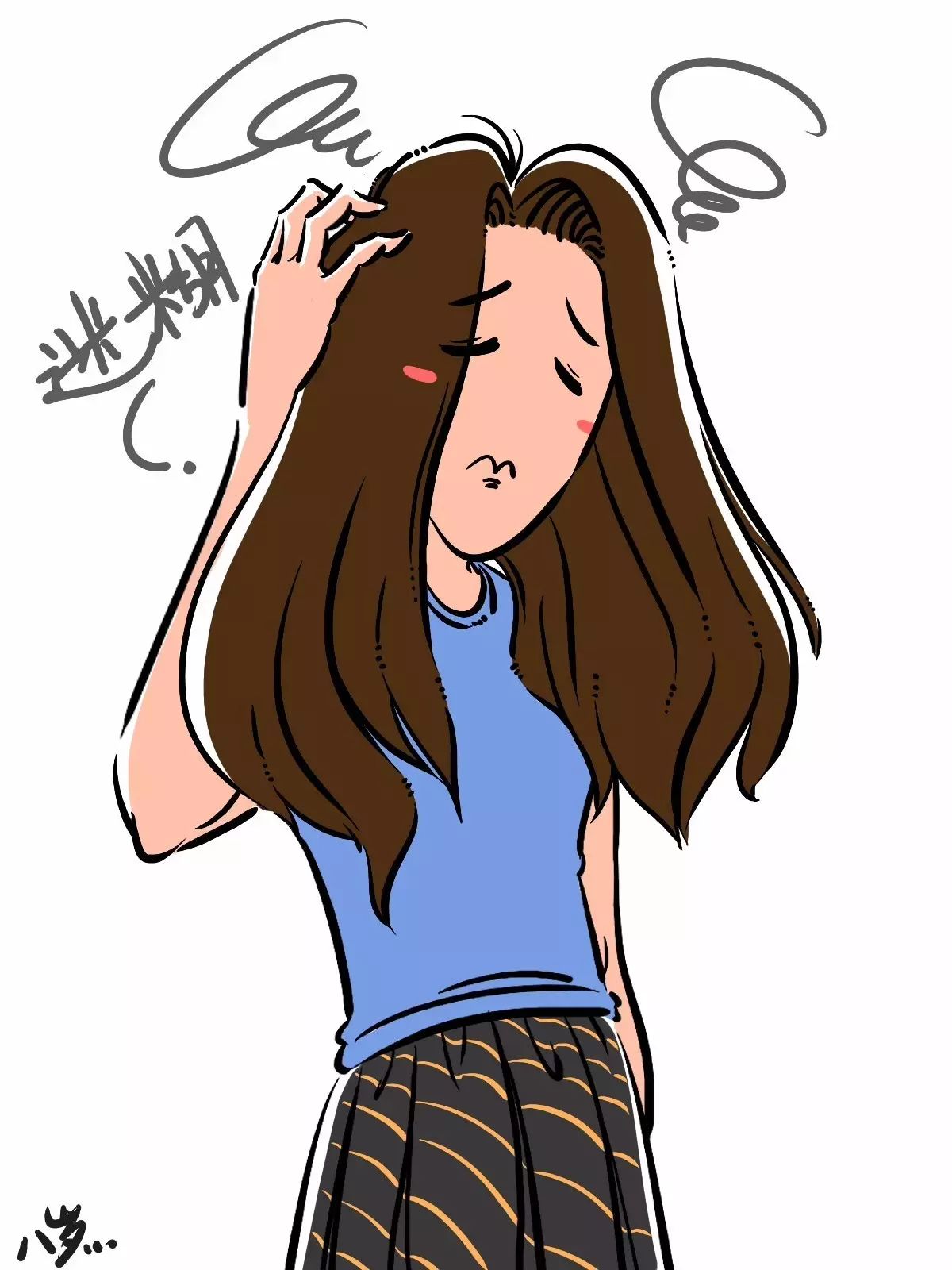
Qi deficiency results in insufficient central Qi, leading to a weak and low voice, fatigue, and lack of strength.
Qi deficiency fails to promote blood circulation, resulting in cold limbs, pale complexion (hǔang), and weak or thin pulse.
Qi deficiency leads to metabolic disorders of body fluids, causing fluids to fail to transform, leading to phlegm accumulation, and in severe cases, excessive dampness can lead to edema.
Severe Qi deficiency can cause the central Qi to descend, leading to organ prolapse and a decline in organ function, manifesting a series of symptoms of organ weakness.
So, what does the tongue of a person with Qi deficiency look like? The tongue of someone with Qi deficiency is often enlarged, with teeth marks on the sides, and the coating is often thick (this is not always the case). The presence of teeth marks on the sides is one of the most important indicators of Qi deficiency.
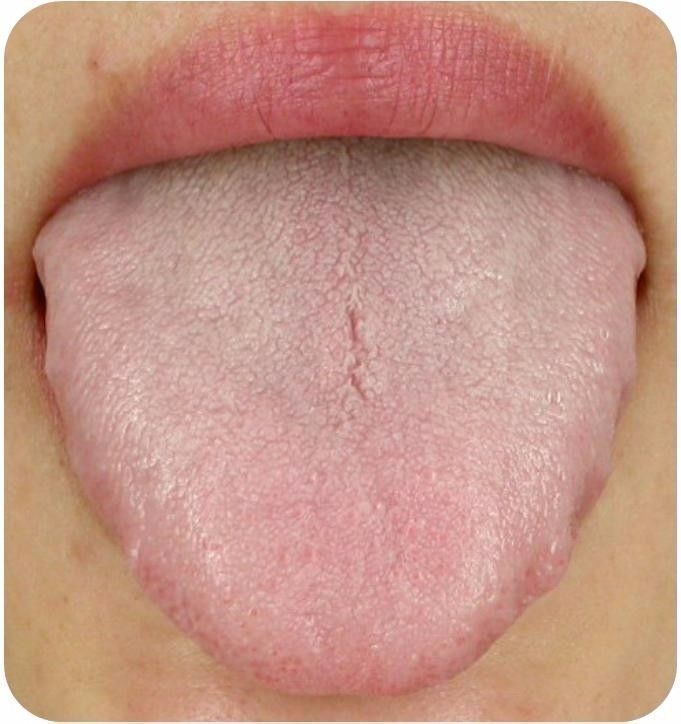
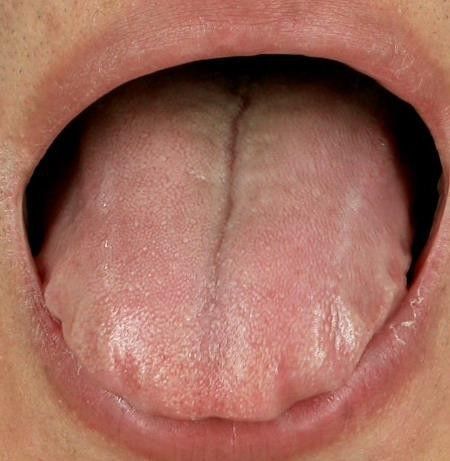

Now, let’s talk about how people with Qi deficiency should protect themselves as the weather gets cold in autumn.
1. In autumn, people with Qi deficiency should pay attention to moderating desires to protect kidney essence and Qi.
In autumn, as the weather cools, there is a chilling atmosphere in the world, and people must face the incoming cold, which is absent in summer. Therefore, the body must mobilize its righteous Qi to defend against external cold. The source of the body’s righteous Qi is rooted in kidney Qi, making the abundance of kidney essence and Qi very important at this time.
Thus, in autumn, one should not have excessive desires, including ambitions and sexual desires. When ambitions arise and thoughts of what one wants become overwhelming, excessive thinking can deplete kidney essence and Qi, which contradicts the direction of Qi that should be conserved in autumn to accumulate righteous Qi and defend against external cold. Therefore, the Huangdi Neijing states: “In the three months of autumn, this is called the period of harmony. The weather is urgent, and the earth’s Qi is clear. Go to bed early and rise early, rise with the rooster, keep your mind calm, and ease the autumn punishment, gather your spirit, and make the autumn Qi even. Do not let your desires go outside, and keep your lung Qi clear. This is the response to autumn Qi and the way to nourish and gather; going against it will harm the lungs, leading to winter diarrhea, and those who store will be few.” The phrases “keep your mind calm” and “do not let your desires go outside” carry this meaning.
Moderating sexual desires is a direct method to nourish kidney essence and Qi. At this time, people with Qi deficiency already have insufficient righteous Qi, and their defensive forces are lacking. If they engage in sexual activity, it will further deplete kidney essence and Qi, leading to even more insufficient righteous Qi, causing many to fall ill, so abstinence is essential.
People with Qi deficiency, specifically those with kidney Qi deficiency, in addition to the symptoms of Qi deficiency, often exhibit symptoms such as fatigue, excessive daytime sleepiness, dizziness, forgetfulness, weakness in the lower back and knees, frequent clear urination, nocturia, decreased libido, male impotence, and female clear and thin vaginal discharge, with a pale tongue and weak pulse. If the kidneys do not retain Qi, breathing will be shallow and rapid.
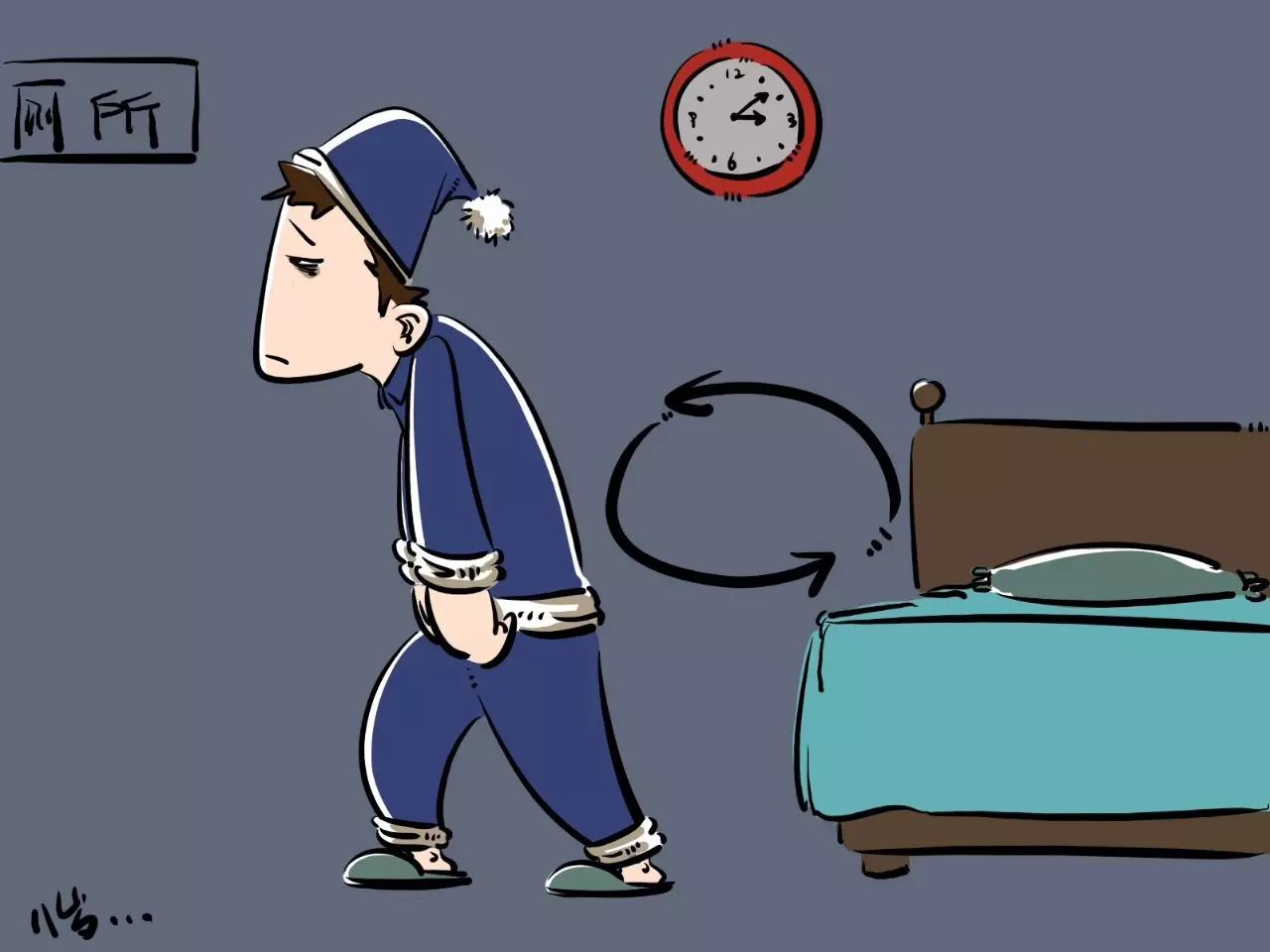
If you have these symptoms, in addition to moderating desires in autumn, you also need to timely tonify kidney Qi. For example, taking Jin Kui Shen Qi Wan (Kidney Qi Pill) or Wu Zi Yan Zong Wan (Five-Seed Pill) is beneficial.
2. In autumn, people with Qi deficiency should adjust their clothing.
For people with Qi deficiency, one of the most awkward situations in autumn is not knowing how to dress. Why is that?
It turns out that people with Qi deficiency are prone to spontaneous sweating; even a slight movement can cause sweating, and they also fear wind and cold. After sweating, a slight breeze can easily lead to a cold. This is a characteristic of people with Qi deficiency.
However, the autumn weather seems to be particularly challenging for those with Qi deficiency. The mornings and evenings in autumn are quite cool, even cold, so they must wear more clothing, especially since people with Qi deficiency are not tolerant of cold due to insufficient defensive Qi, making them very vulnerable to cold winds. Therefore, those with Qi deficiency must dress warmly in the mornings and evenings.
But at noon, the autumn sun is abundant, and the temperature can be quite high, making it uncomfortable for those with Qi deficiency, as they will start to sweat. They will want to take off their clothes, but once they do, the cold autumn wind can be very chilling. This wind is definitely different from the warm summer breeze, especially in shaded areas without sunlight. At this point, those with Qi deficiency, who are already sweating profusely, will feel the chill from the wind immediately.
As you can see, it’s a dilemma of whether to bundle up or strip down. Therefore, the common advice of “dress warmly in spring and freeze in autumn” is simply not applicable to those with Qi deficiency. Regardless of what they do, a slight lapse in attention can lead to a cold. Thus, in autumn, the sweating and fear of wind for those with Qi deficiency can feel very uncontrollable, leaving them in a difficult position.
Therefore, at this time, the first priority is to adjust clothing frequently: wear more in the mornings and evenings, wear less at noon, wear more in shaded areas, and wear less in the sun, adjusting frequently to protect oneself.
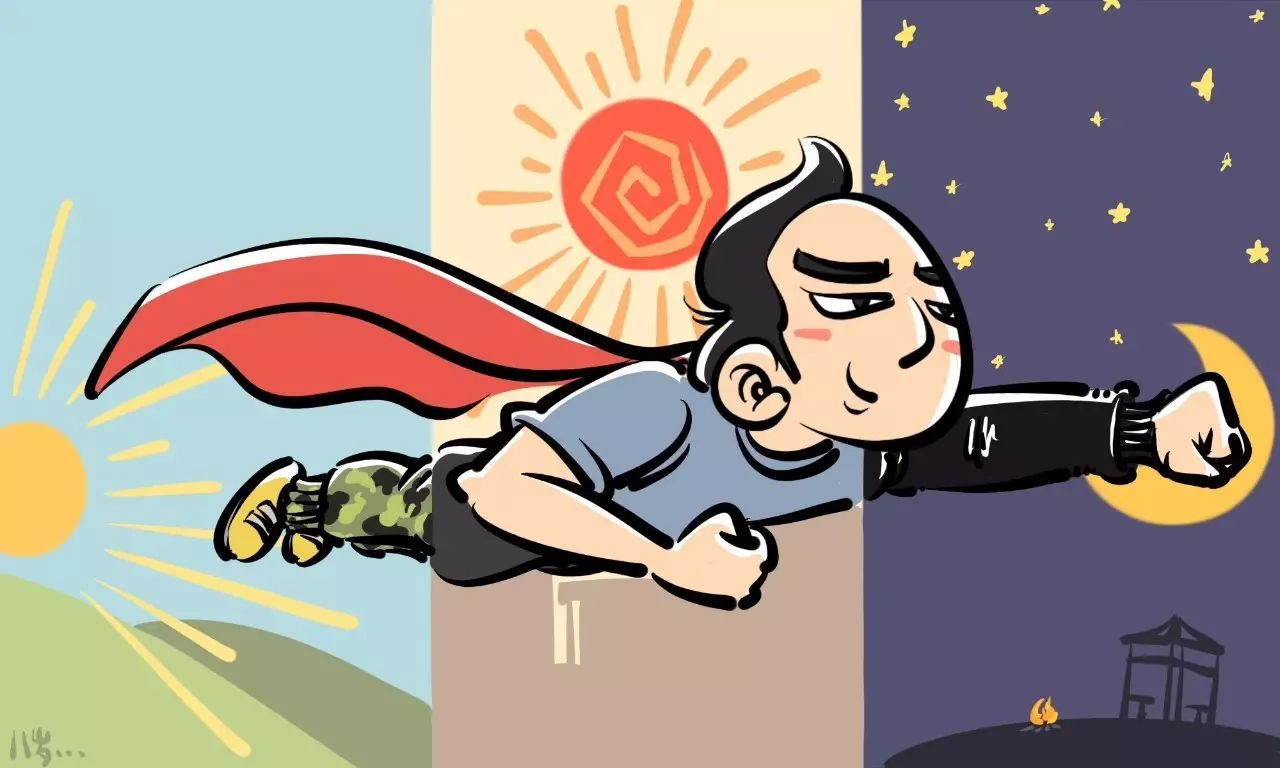
Some friends might say that constantly changing clothes is not a solution. That’s true; the fundamental issue is to tonify the Qi of the spleen and lungs.
In TCM, the lungs govern Qi, control respiration, regulate water pathways, and protect the body. If lung Qi is deficient, its functions of dispersing and descending, controlling respiration, regulating fluid metabolism, and resisting external pathogens will weaken, leading to symptoms such as shortness of breath, spontaneous sweating, low and weak voice, cough, asthma, chest tightness, susceptibility to colds, and even edema and urinary difficulties. Therefore, those with weak lung Qi must tonify the lungs. The spleen belongs to earth, and the lungs belong to metal; earth generates metal, so the strength of the spleen and stomach directly determines the strength of lung Qi. Thus, TCM often tonifies both the spleen and stomach together.
Therefore, at this time, the adjustment method for people with Qi deficiency is to frequently consume Huai Shan Yao (Chinese Yam), such as Huai Shan Yao powder or boiled Huai Shan Yao slices. It is even better if combined with ingredients like Yi Yi Ren (Job’s Tears), Qian Shi (Euryale Seed), and Lian Zi Rou (Lotus Seed Flesh).
As for proprietary Chinese medicines, Buzhong Yiqi Wan (Tonify the Middle and Boost Qi Pill) can be selected for tonification, which is quite effective.
Additionally, Ren Shen (Ginseng) is also a suitable herb for this season. Nowadays, fewer people in northern China understand how to consume ginseng, while those in the south are more knowledgeable about supplementation. This is mainly because people think that ginseng can cause heat. However, those with Qi deficiency can take some ginseng, which is appropriate. Alternatively, they can take ginseng-containing formulas, such as Sheng Mai Yin (Generate the Pulse Decoction). They can also try making Samgyetang (Ginseng Chicken Soup) like the Koreans. These are all good ideas for tonifying lung Qi.
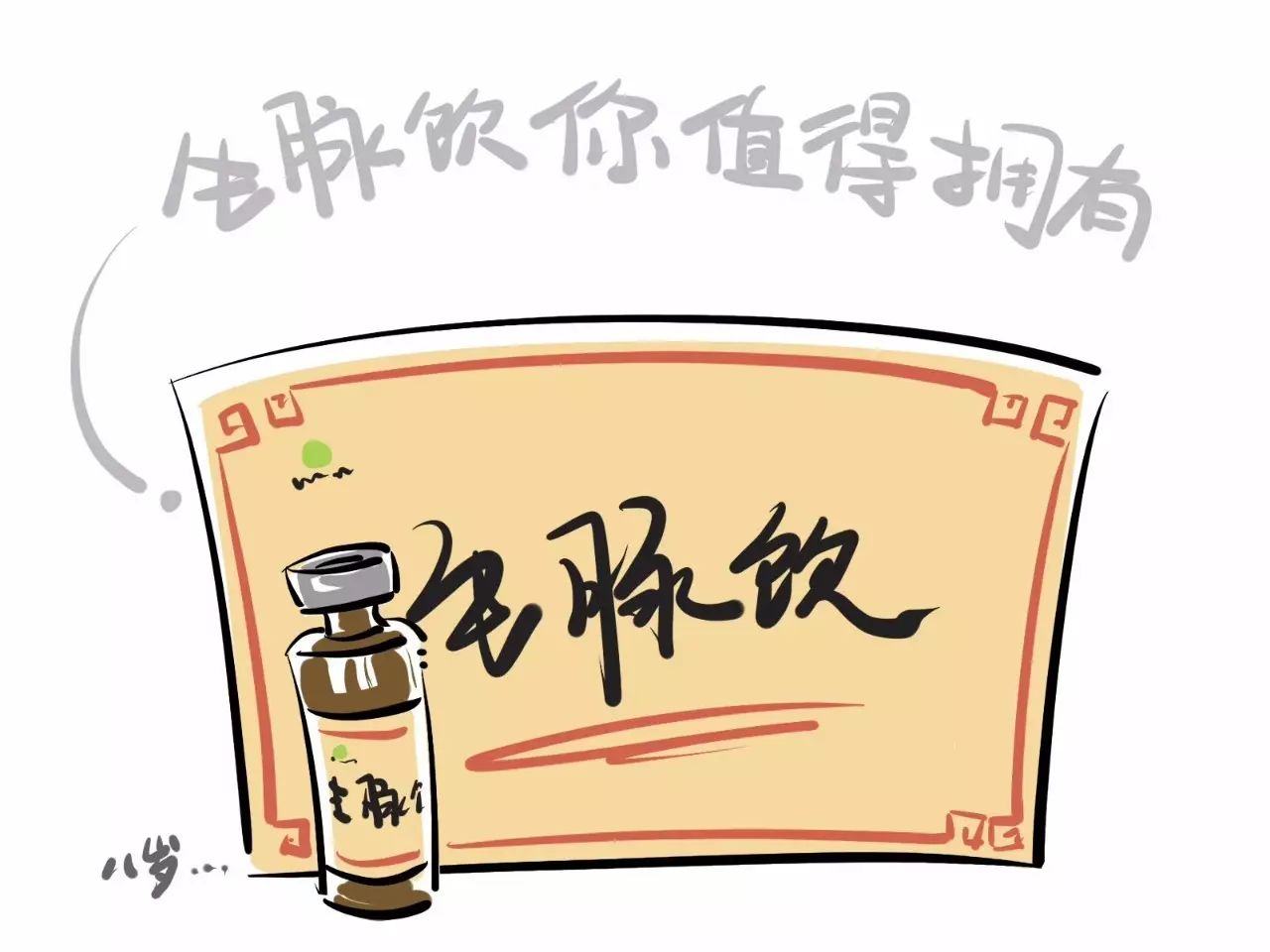
Moreover, Huang Qi (Astragalus) is also a Chinese herb that tonifies lung Qi. If you can add a bit of Huang Qi when making soup, it will be very beneficial for the body.
3. People with Qi deficiency should pay attention to preventing cold in the spleen and stomach in autumn.
As the weather cools in autumn, people’s eating habits often remain in summer mode, which can lead to injuries.
For example, in summer, we eat watermelon, but in autumn, some people still eat a lot of watermelon, which is not appropriate. The ancients were very particular about this; even when using medicine, they would consider the seasons. The famous physician Qian Yi from the Song Dynasty would consider the different changes before and after autumn when prescribing. In summer, he would use more heat-clearing herbs, while in autumn, he would reduce the proportion of heat-clearing herbs and increase the proportion of warming and tonifying the spleen. This is where their thorough consideration lies.
Recently, after the weather turned cold, there has been a noticeable increase in abdominal pain, diarrhea, and even gastrointestinal flu, all due to the spleen and stomach being weak. If the spleen Qi is deficient, and one eats cold foods, such as various raw and cold items, it can lead to damage to the spleen and stomach. A few days ago, the singer Xue Zhiqian revealed that he was hospitalized due to vomiting and diarrhea with a high fever. Everyone criticized him for having a urinal on his bed. Was he just acting? I think this is a case of a wall falling and everyone pushing it; that urinal was likely used for vomiting, which is clearly related to gastrointestinal flu and the cold affecting the spleen and stomach.
Therefore, in this season, people with Qi deficiency, especially those with weak spleen Qi, must pay attention to their diet. They should not eat raw and cold foods or drink ice-cold water; this is a very important rule for protecting themselves.
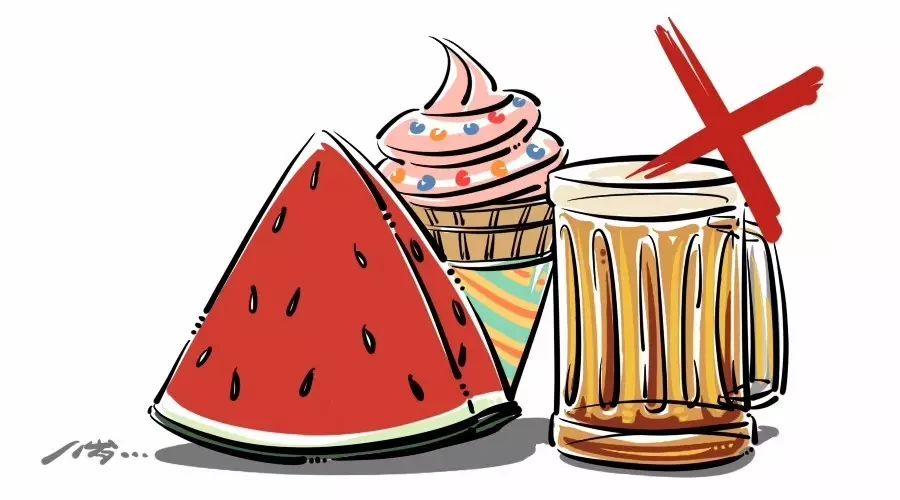
For such friends, I recommend doing some moxibustion on certain acupoints of the spleen meridian, which can be very beneficial.
Additionally, drinking some ginger tea to warm the spleen and stomach is also a very good choice.
4. People with Qi deficiency should pay attention to emotional regulation in autumn.
People with Qi deficiency lack vitality, so they are easily prone to fatigue and a lack of energy. In autumn, as the world becomes desolate, their bodies can easily be influenced by the external environment, leading to negative emotions and sadness. Therefore, when it comes to the melancholy of autumn, people with Qi deficiency and those with Yang deficiency may experience it more severely.
Thus, in autumn, it is best for people with Qi deficiency not to isolate themselves but to participate in group activities to adjust their emotions, engaging in various cultural and physical activities to increase positive emotions.
Nowadays, whenever someone in their forties or fifties comes to consult me about health issues, if I determine they have some liver Qi stagnation and poor emotional state, I always recommend they join in square dancing. I believe that square dancing is not just simple physical exercise but a form of psychological adjustment. When many people come together, moving in the same rhythm and performing the same actions, it creates a process of establishing a spiritual community. In this process, each individual feels integrated into this strong community, which increases their psychological energy to combat negative emotions. Therefore, those who finish square dancing often feel very good, and that’s the reason.
Additionally, joining a singing group can also be beneficial. A few years ago, I wrote two articles discussing how singing is a form of exercise that can regulate the lung meridian and increase lung Qi. I encourage everyone to go to karaoke in the afternoon, as the prices are very cheap at that time. These two articles were widely circulated, and many elderly people have read them.
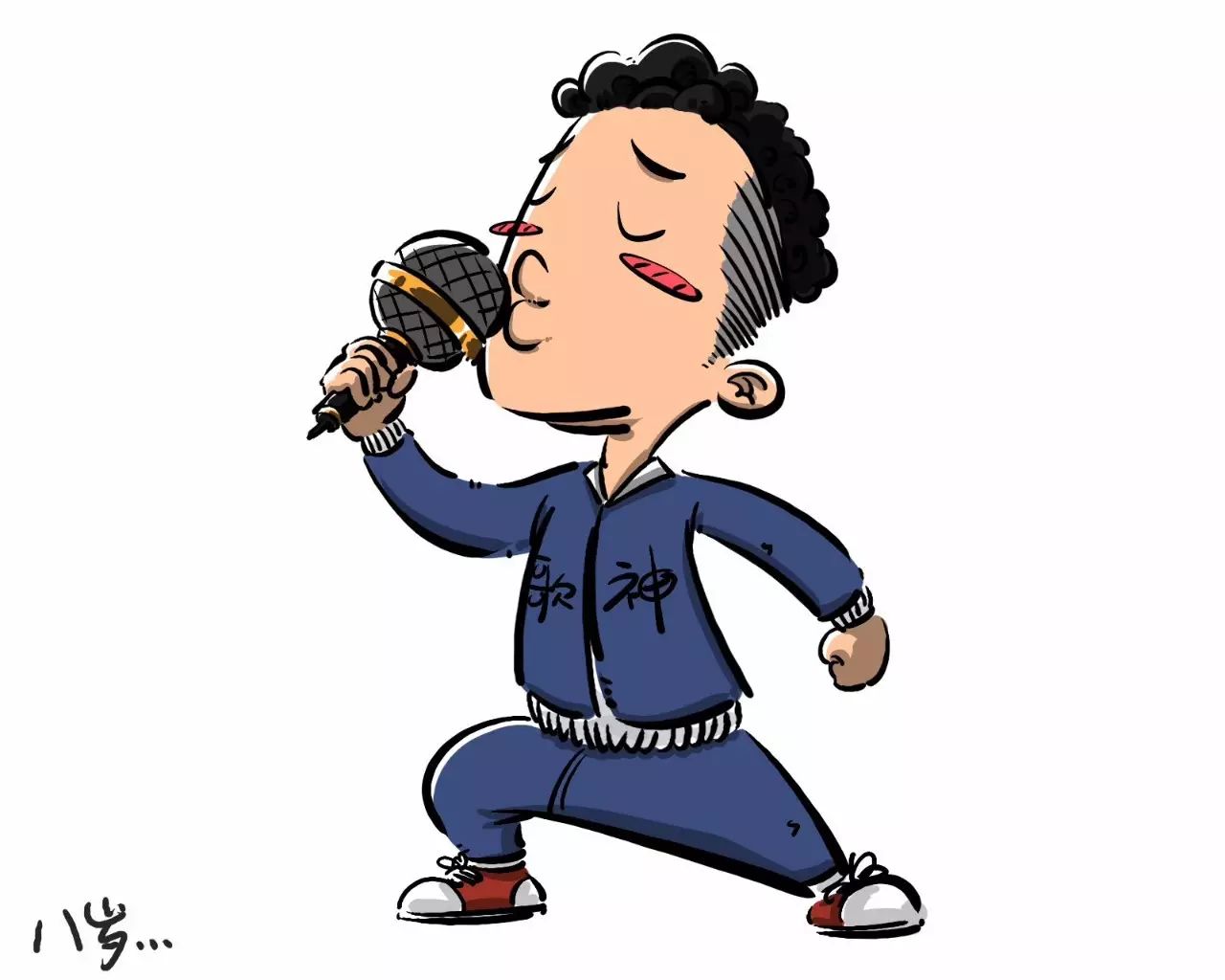
Recently, I heard that the afternoon sessions at karaoke have been fully booked by elderly people across the country. Many elderly individuals are now going to sing in the afternoon, and some have even become so happy that they forget important tasks like picking up their grandchildren in the evening!
This truly makes me happy; such cultural and recreational activities are greatly beneficial for the elderly! Especially in autumn, for those with Qi deficiency, if they can frequently sing loudly, it will greatly benefit their emotional regulation.
Alright, I have shared a lot about the precautions for people with Qi deficiency in autumn. In the future, I will discuss how various body types should cope with autumn one by one, so please stay tuned.
– THE END –


Essay Contest
If you also have a story related to TCM that you must share, you can write it down and submit it to us at any time. Please send your article in Word document format to our email.
Please ensure that the submitted article is original and include your WeChat nickname, name, phone number, address, and other contact information. After screening, we will obtain authorization from the authors to publish in our channel. Once published, we will send you a beautiful gift sponsored by Dang Gui Hui. Life~
Thank you all for your positive feedback, and we look forward to you sharing your stories with us and more people, allowing more individuals to experience the charm of Chinese culture.

Dr. Luo’s official WeChat account has the following four, please long press the QR code to identify and follow. All others are imitations, please do not be deceived!
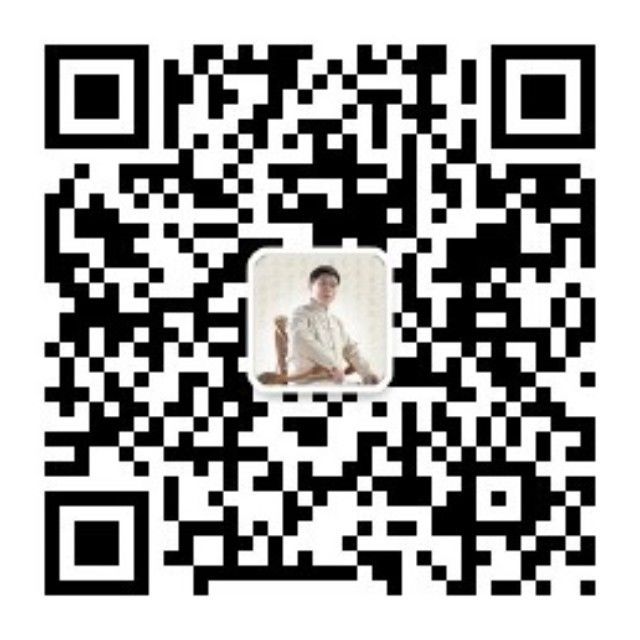
Luo Dalun Channel
WeChat ID:
luodalunpd
Dalun Academy
WeChat ID:
Dalun_sy
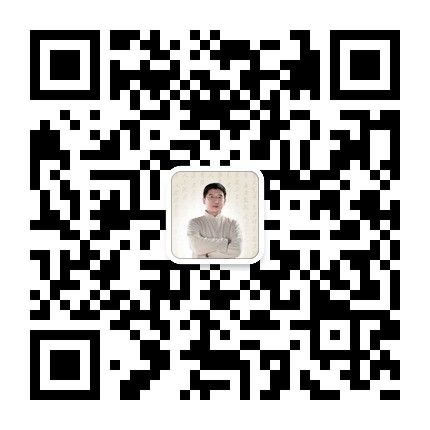

Dalun Parenting Talk
WeChat ID:
dalun_yes
Dr. Luo Dalun
WeChat ID:
Drluodalun
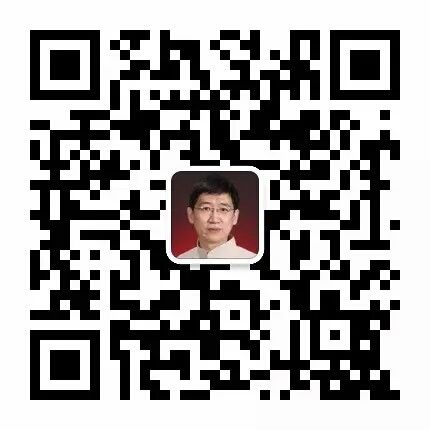
1. The copyright of original articles in this public account belongs to this account. If you need to reprint, please leave a message to the editor and indicate the source. Commercial use is prohibited.
2. The articles reprinted in this public account are for learning and communication purposes only and are within the scope of fair use. If there are errors in the attribution of images, data sources, or text copyright, please inform the editor, and they will correct or delete it immediately.
3. This public account owns the portrait rights of Dr. Luo Dalun. Any unauthorized use will be pursued legally.
4. This public account is legally supported by Beijing Zhongzhe (Shenyang) Law Firm. This account will pursue legal responsibility for any unauthorized reprints, commercial use, and refusal to delete posts after warnings.

